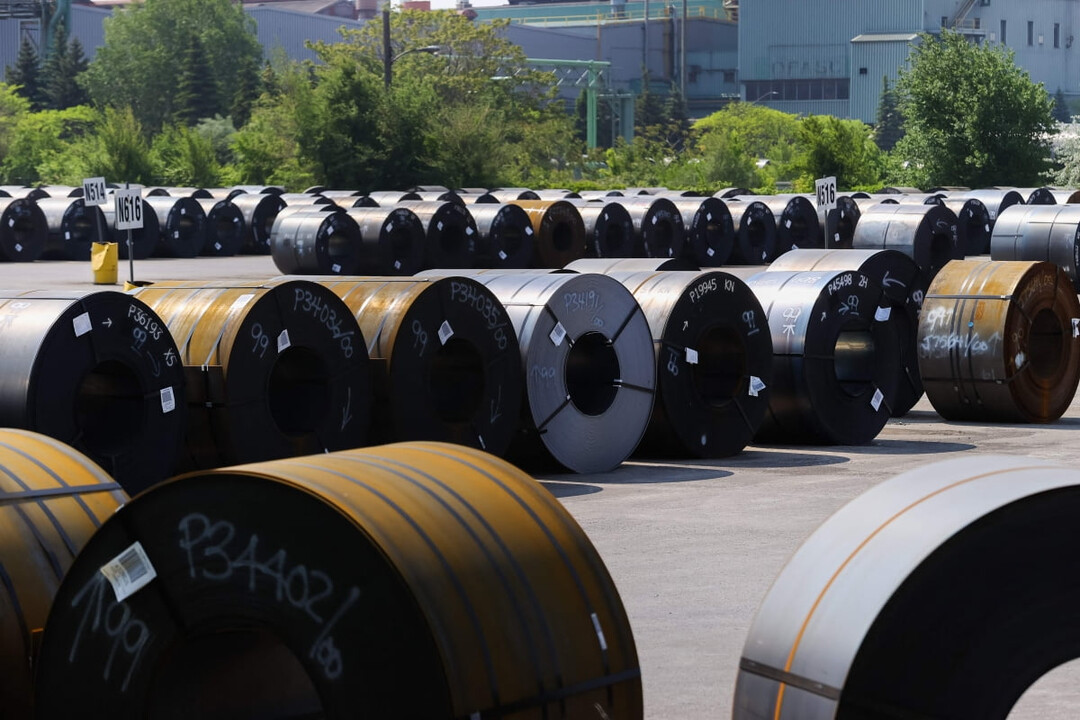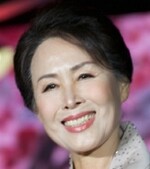
Washington, D.C. - The U.S. government has expanded its Section 232 tariffs on imported steel and aluminum products, a move that is expected to significantly impact South Korean industries. The U.S. Department of Commerce announced an increase in the scope of its 50% ad valorem tariff to include 407 new derivative products, raising concerns among South Korean manufacturers.
Expanded Tariffs Target Machinery and Electronics
The newly added products include a wide range of goods, such as machinery and parts, automobile components, and electronic devices. This expansion follows the U.S. government's decision in June 2025 to increase the tariff rate from 25% to 50% on all steel and aluminum articles. While some of these products fall under the U.S. Harmonized Tariff Schedule (HTSUS) codes 8 to 10 digits, a precise list of the affected items requires further confirmation. The new tariffs, based on the steel and aluminum content of the products, went into effect on August 18, 2025.
For South Korea, which has a reciprocal tariff agreement with the U.S. that sets a 15% tariff rate, this measure is particularly concerning. The 50% tariff will only be applied to the steel and aluminum content of the products, while the remaining portion will be subject to the existing 15% reciprocal tariff.
South Korea's Response and Future Outlook
The U.S. Department of Commerce made this decision after an application from domestic industries in May and a public comment period in June. Despite efforts by South Korean organizations, including the Korea International Trade Association (KITA), to argue that their products do not pose a threat to U.S. national security, the U.S. government largely sided with its domestic industries.
The Ministry of Trade, Industry and Energy (MOTIE) in South Korea is concerned that the U.S. may continue to expand the list of affected products, with additional derivative products possibly being added as soon as September. In response, MOTIE announced a plan to mitigate the potential damage to South Korean companies, especially small and medium-sized enterprises (SMEs). The government plans to significantly expand its support program for companies dealing with import regulations. This includes offering consulting services to help companies with verification of steel and aluminum content and with origin certification, while also lowering the financial burden on the companies themselves.
The expansion of these tariffs, based on a "national security" justification, has put South Korean industries on high alert, as they now face increased costs and reduced competitiveness in the American market.
[Copyright (c) Global Economic Times. All Rights Reserved.]




























